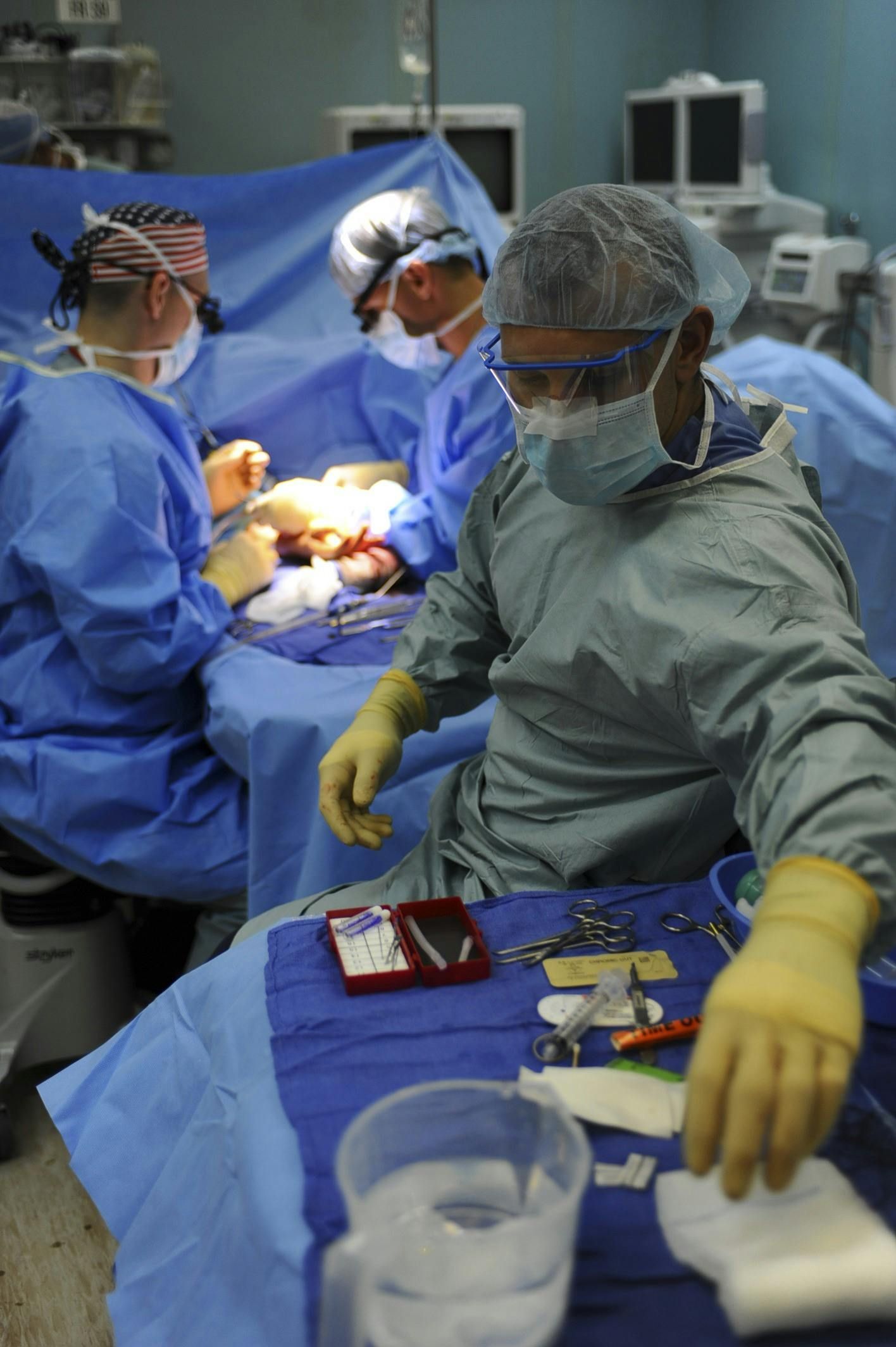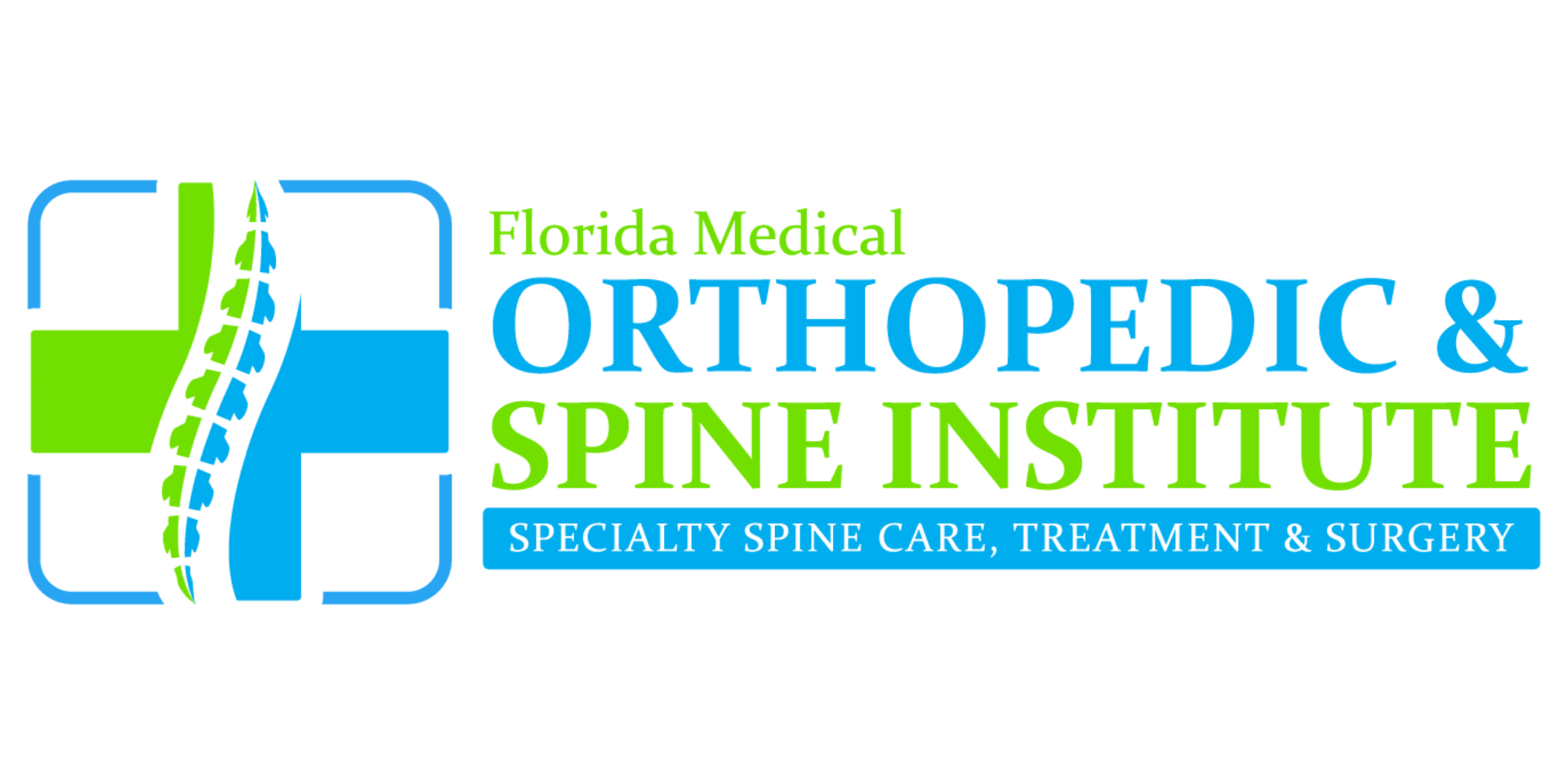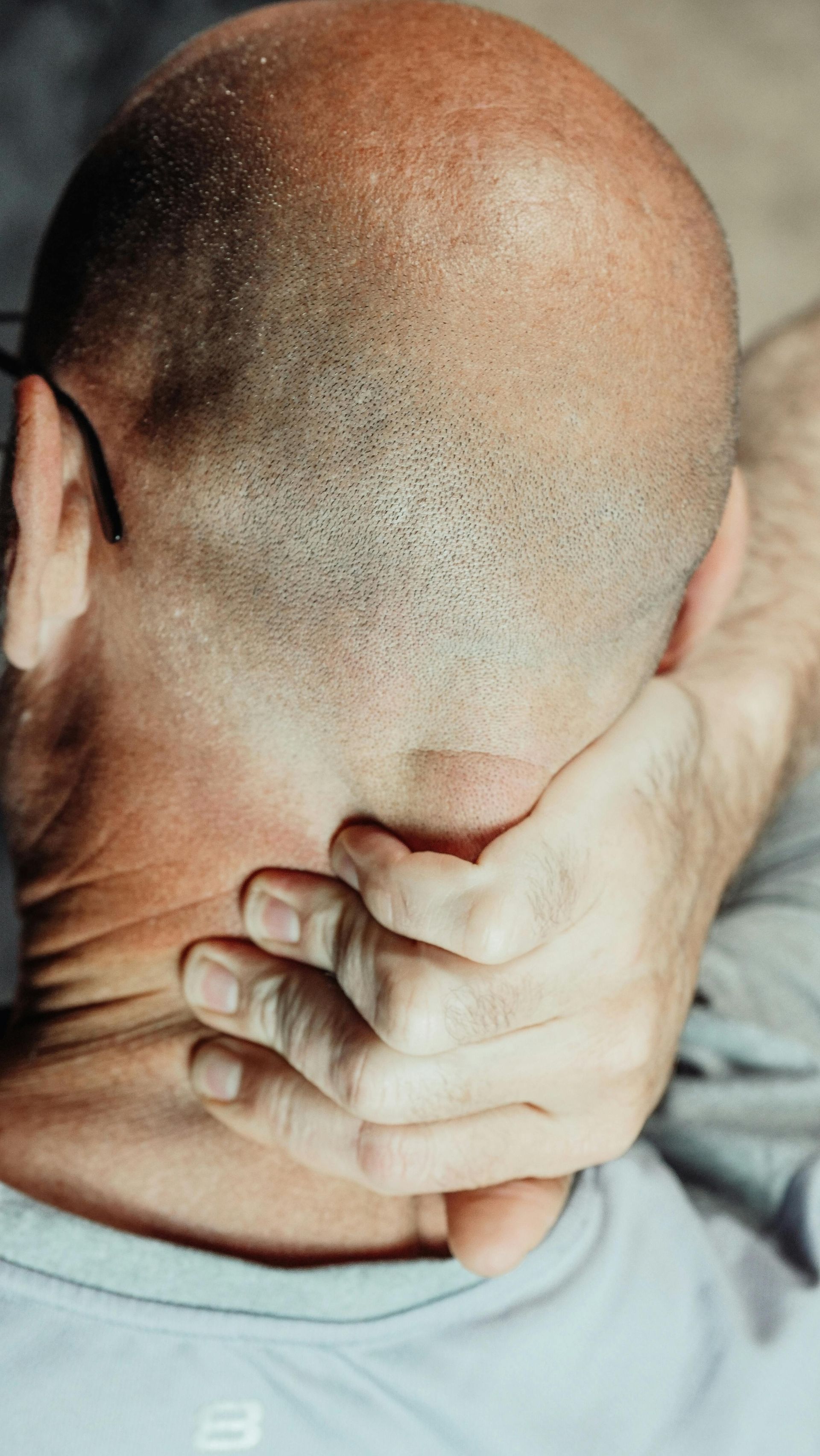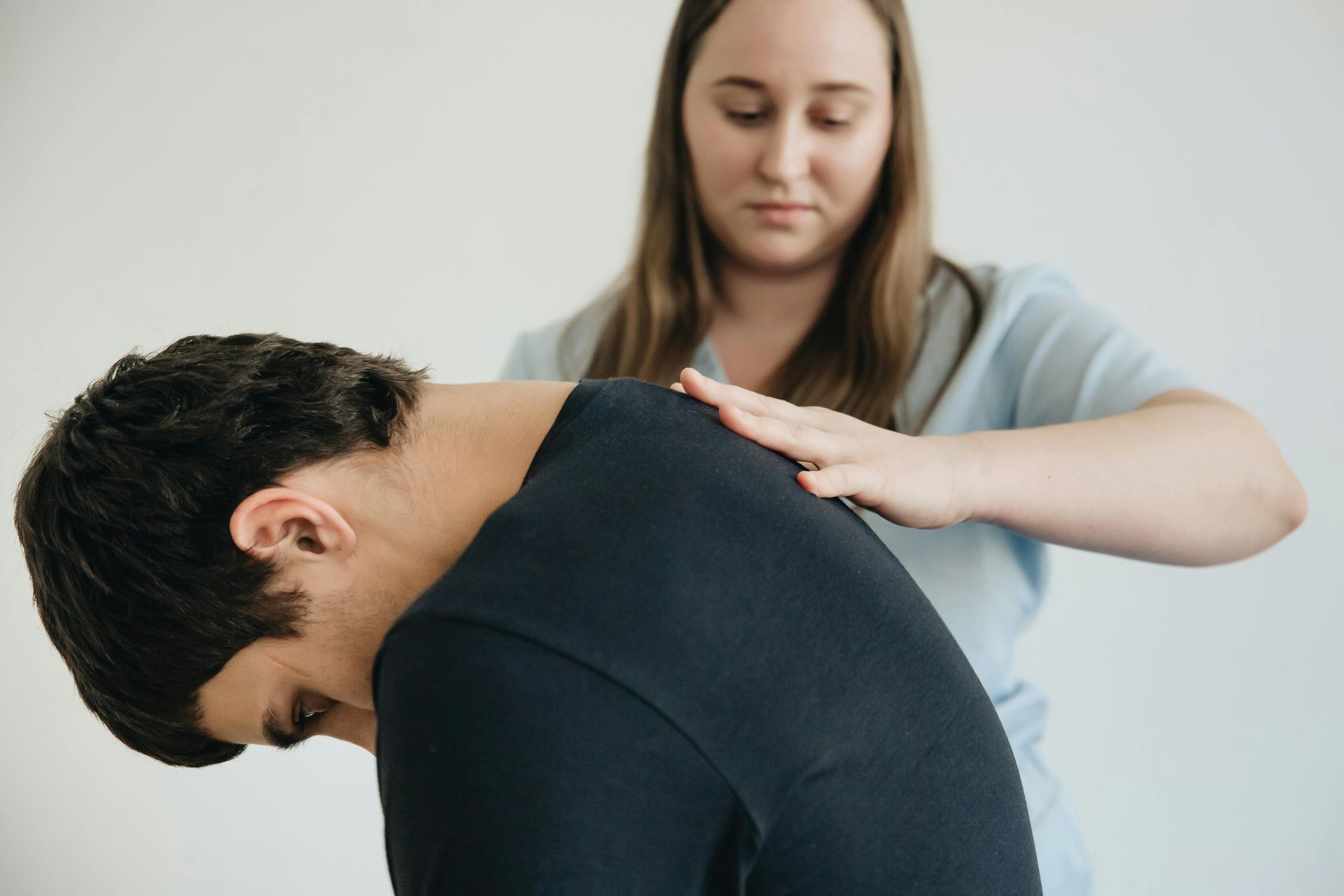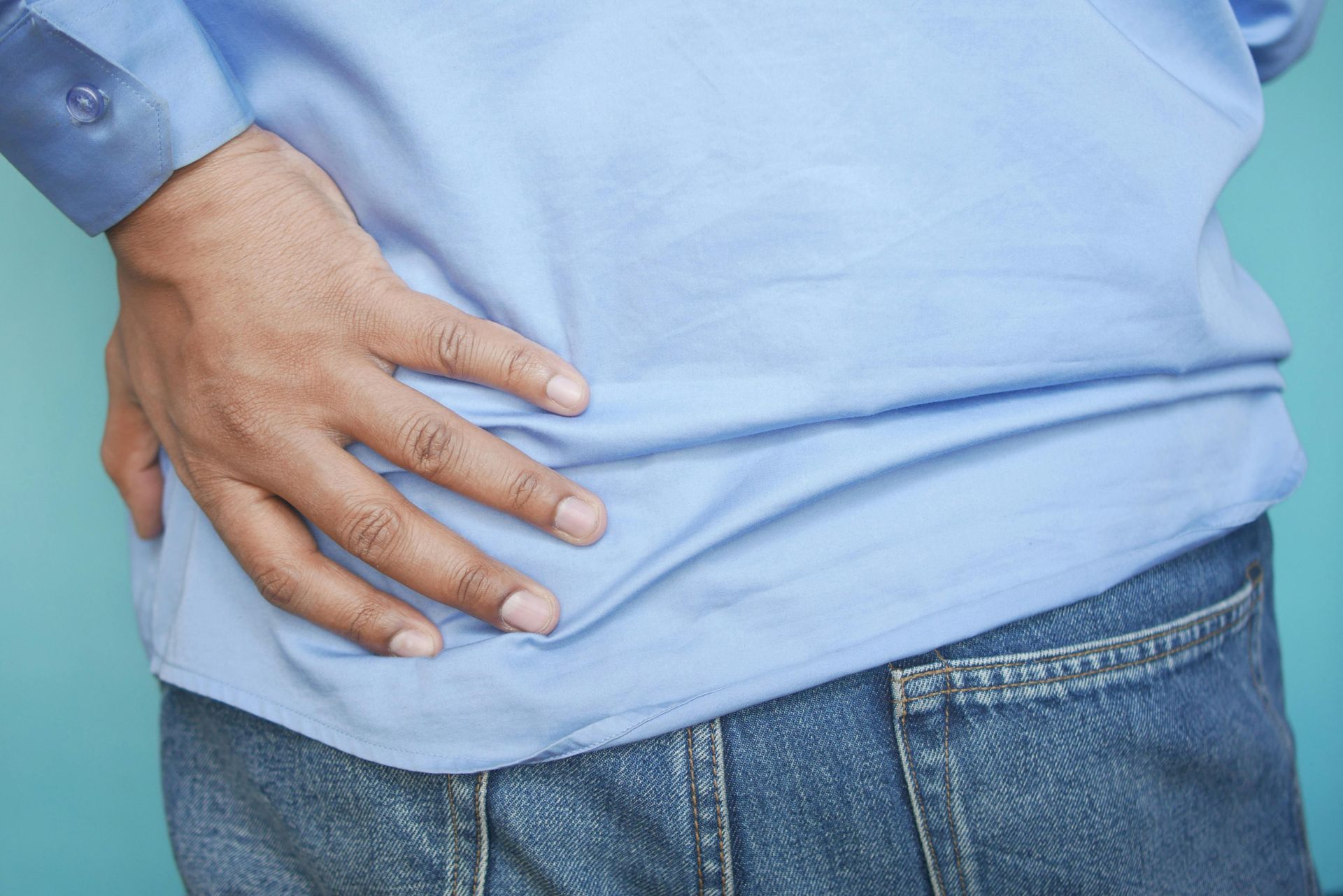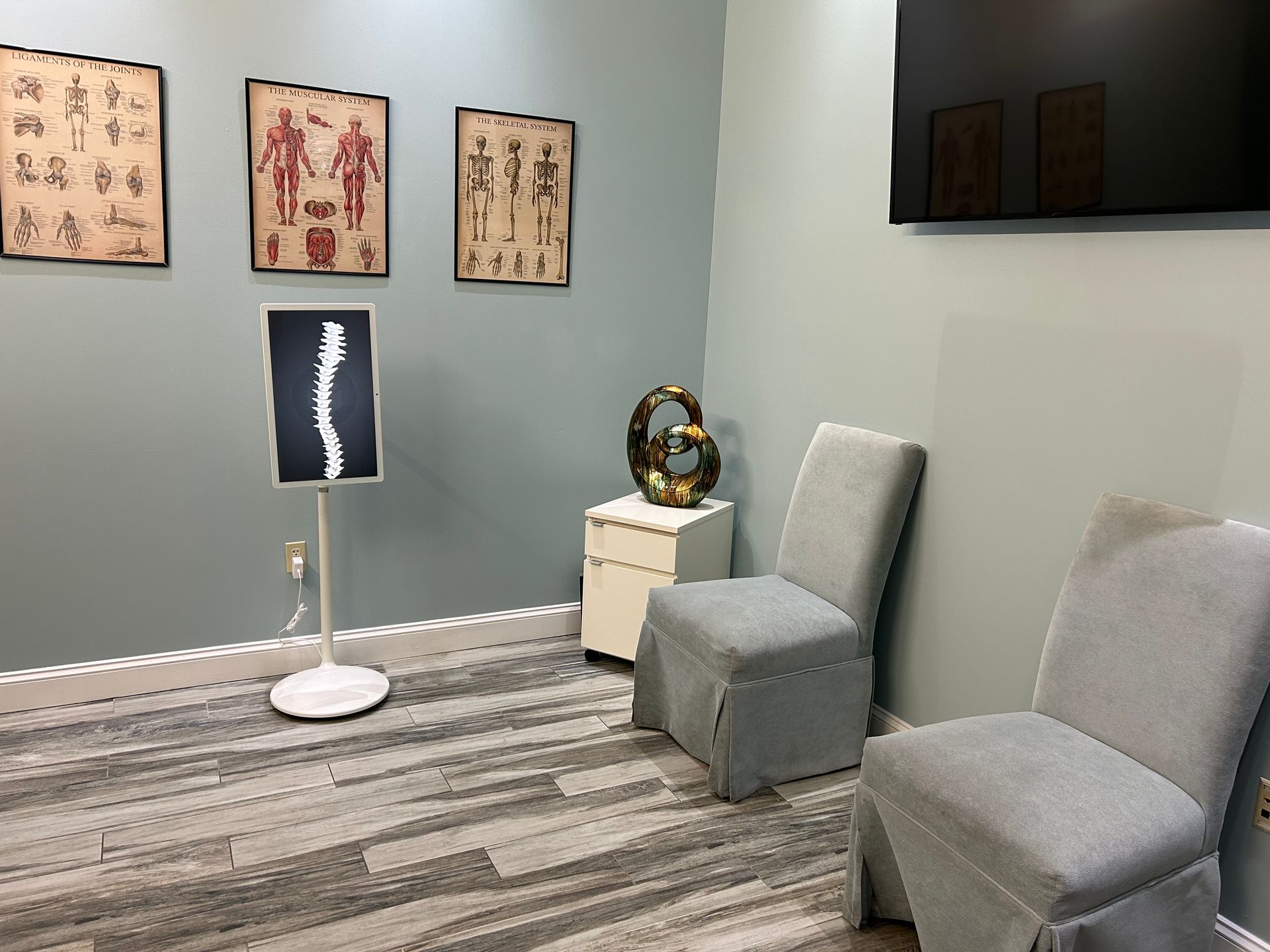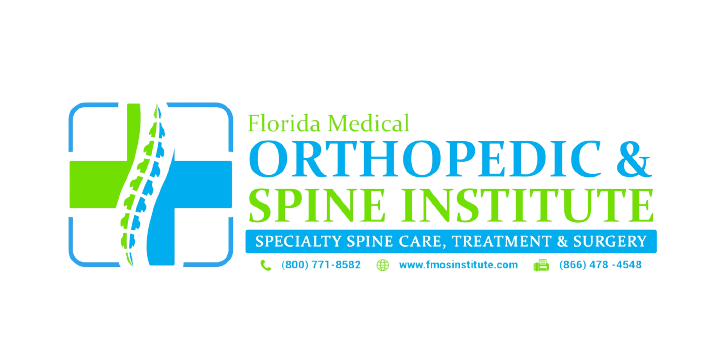Common Injuries in Tourist Areas: What Visitors Should Know
Common Injuries in Tourist Areas (e.g., Orlando, Miami)
In tourist hotspots like Orlando and Miami, the excitement of vibrant attractions often leads to unexpected injuries. Common incidents such as slip and falls, sports-related injuries, and theme park accidents can result in significant pain and discomfort. At Florida Medical Orthopedic & Spine Institute, our dedicated team of experienced physicians is committed to providing comprehensive care for these injuries. We specialize in both surgical and nonsurgical treatments tailored to your needs. Whether it’s addressing a sprained ankle from a water park or back pain from strenuous activities, our compassionate approach ensures you receive the best possible care to regain your active lifestyle.
Contact Us Today
Have a question? Looking for treatment? We’re here to help. Send us a message and we’ll be in touch.
Personal Injury Cases in Florida Tourism
In the vibrant atmosphere of Florida’s tourism industry, personal injury cases can often arise due to accidents in recreational settings. At Florida Medical Orthopedic & Spine Institute, our dedicated team of experienced and compassionate physicians is committed to providing comprehensive care for those affected by such incidents. We specialize in both surgical and nonsurgical treatment of musculoskeletal conditions, helping patients on their path to recovery. Whether you’re dealing with sports injuries, slips and falls, or any other traumatic events sustained while enjoying Florida’s attractions, our personalized pain management strategies are designed to restore your mobility and enhance your quality of life. Your recovery is our priority.
Don't Let an Injury Ruin Your Florida Vacation: What to Watch For
This post will focus on helping tourists identify potential hazards and take precautions to stay safe while enjoying their Florida vacation, particularly in popular areas like Orlando and Miami.
Don't Let an Injury Ruin Your Florida Vacation: What to Watch For
Florida, the Sunshine State, is a dream destination for millions, offering exciting theme parks in Orlando, vibrant beaches in Miami, and countless attractions in between. While you're planning your perfect getaway, it's also wise to be aware of potential hazards that could lead to common injuries. By knowing what to watch for, you can significantly reduce your risks and ensure your vacation memories are all happy ones.
Here’s a guide to common tourist injuries and what to watch out for:
I. Slips, Trips, and Falls: The Most Common Culprit
These can happen anywhere, from hotel lobbies and poolside areas to uneven sidewalks and crowded theme park pathways.
- What to Watch For:Wet Surfaces: Around pools, in restrooms, recently mopped floors in hotels and restaurants, or after Florida's sudden rain showers. Look for warning signs, but don't rely on them exclusively.
- Uneven Pavement & Curbs: Sidewalks, parking lots, and pathways, especially in older areas or those with heavy foot traffic, can have cracks, potholes, or unexpected changes in elevation.
- Cluttered Walkways: In stores, restaurants, or even hotel hallways, watch for stray luggage, cleaning equipment, or poorly placed displays.
- Poor Lighting: Dimly lit corridors, stairwells, or outdoor paths at night can obscure hazards.
- Loose Rugs or Mats: Especially in hotel rooms, lobbies, or rental accommodations.
- Theme Park Hazards: Queuing areas, ride entrances/exits, and varied walking surfaces can be tricky. Pay attention even when distracted by the excitement.
II. Car Accidents: Navigating Unfamiliar Roads
Tourists are often driving rental cars in unfamiliar, congested areas, increasing the risk of accidents. Florida roads, particularly I-4 in Orlando and major highways in Miami, can be challenging.
- What to Watch For:Unfamiliar Traffic Patterns & Roadways: Rely on GPS, but also be an alert and defensive driver. Plan your routes in advance.
- Distracted Driving: Yours and others'. Resist the urge to use your phone for photos or navigation while actively driving. Be aware of other drivers who might be tourists themselves and equally distracted.
- Aggressive Drivers & Speeding: Unfortunately common. Maintain a safe following distance.
- Sudden Lane Changes or Hesitation: By yourself or other tourists unfamiliar with exits or turn-offs.
- Adverse Weather: Florida's sudden downpours can drastically reduce visibility and make roads slick. Reduce speed and increase following distance in rain.
- Rental Car Familiarity: Take a few minutes to get used to your rental car’s controls and handling before hitting major roads.
- Rideshare Safety: When using Uber or Lyft, confirm the vehicle and driver match the app details before entering.
III. Water-Related Incidents: Pools, Beaches, and Boats
Florida's allure is closely tied to its water attractions, but these also come with inherent risks.
- What to Watch For (Pools):Slippery Decks: (As mentioned in slips and falls).
- Lack of Lifeguards or Inattentive Lifeguards: Especially at hotel or smaller resort pools. Never leave children unsupervised.
- Overcrowding: Can make supervision difficult and increase the chance of collisions.
- Malfunctioning Drains or Equipment: Though rare, be generally aware.
- What to Watch For (Beaches & Ocean):Rip Currents: Powerful, narrow channels of water that can pull even strong swimmers out to sea. Learn how to spot them and what to do if caught in one (swim parallel to the shore). Pay attention to beach warning flags.
- Sudden Drop-offs or Uneven Seabed: Wade in carefully in unfamiliar waters.
- Marine Life: Jellyfish, stingrays (shuffle your feet when entering the water to scare them off), and, rarely, sharks. Heed warnings and avoid swimming at dawn or dusk when sharks are more active. Purple flags often indicate dangerous marine life.
- Watercraft (Boats, Jet Skis): Be aware of designated swimming areas and watch for approaching boats or jet skis if you're in the water. If operating a watercraft, follow all safety rules, be aware of your surroundings, and never operate under the influence.
- What to Watch For (Water Parks):Slip Hazards: Constant wet surfaces.
- Ride Safety Instructions: Listen to and follow all operator instructions and posted rules.
- Collisions: On slides or in wave pools. Be aware of others.
IV. Theme Park & Amusement Ride Injuries
While theme parks have extensive safety protocols, injuries can still occur.
- What to Watch For:Ride Malfunctions (Rare): Report any unusual sounds or movements to park staff.
- Improper Use of Restraints: Ensure you and your children are properly secured. If a restraint doesn't feel right, alert an attendant.
- Pre-Existing Conditions: Heed warning signs for rides if you have heart conditions, back/neck problems, are prone to seizures, or are pregnant.
- Sudden Stops or Jerking Movements: Can cause whiplash or other musculoskeletal injuries. Brace yourself appropriately.
- Getting On and Off Rides: Slips, trips, or falls are common here. Take your time.
- Heat Exhaustion/Dehydration: Not a direct ride injury, but very common in parks. Drink plenty of water, take breaks in the shade or air conditioning. This can impair judgment and physical coordination, increasing injury risk.
V. Sun & Heat-Related Issues
- Florida's beautiful sunshine can also be a hazard if not respected.
- What to Watch For:Sunburn: Can be severe and happen quickly. Apply broad-spectrum sunscreen (SPF 30+) frequently, wear protective clothing (hats, sunglasses), and seek shade, especially during peak sun hours (10 am - 4 pm).
- Dehydration: Drink water consistently throughout the day, even if you don't feel thirsty. Avoid excessive alcohol or caffeine in the heat.
- Heat Exhaustion/Heat Stroke: Symptoms include dizziness, nausea, headache, rapid pulse, and confusion. This is a medical emergency. Acclimatize slowly to the heat if possible.
VI. Other Potential Hazards for Tourists:
- Food Poisoning: Be mindful of where you eat. Choose reputable establishments. If food looks or smells off, don't eat it.
- Insect Bites: Mosquitoes and other biting insects are common. Use insect repellent, especially in the evenings or near wooded/marshy areas.
- Wildlife Encounters: Alligators and snakes can be found near freshwater. Do not feed or approach wildlife. Adhere to warning signs.
- Petty Crime/Theft: While not an "injury" in the physical sense, having valuables stolen can ruin a vacation. Be aware of your surroundings, especially in crowded tourist areas. Don't leave valuables unattended on the beach or visible in your car.
VII. General Safety Tips to Keep in Mind:
- Stay Aware of Your Surroundings: Especially in crowded or unfamiliar places.
- Don't Overdo It: Fatigue can lead to carelessness and accidents. Pace yourself.
- Listen to Your Body: If you're feeling unwell or in pain, seek rest or medical attention.
- Supervise Children Closely: Especially near water, in crowded parks, or on rides.
- Follow Posted Rules and Warnings: They are there for your safety.
- Have Emergency Contact Information Readily Available.
- Know Where to Seek Medical Help if Needed.
By being mindful of these common hazards and taking simple precautions, you can greatly enhance your safety and ensure your Florida vacation is filled with fun and relaxation, not an unfortunate and preventable injury.
Don't Wait, Prioritize Your Health:
The moments following an accident can be chaotic, but prioritizing your health by seeking immediate medical attention is one of the most important decisions you can make. Even if you feel seemingly unharmed, hidden injuries can be lurking beneath the surface.
If you've been involved in an accident, don't delay. Visit your nearest emergency room, urgent care, or schedule an appointment with a personal injury doctor as soon as possible. At FMOS, we are dedicated to providing comprehensive and timely care to accident victims, ensuring you receive the diagnosis, treatment, and support you need to recover fully.
Your health matters. Don't let precious hours pass without getting the medical attention you deserve.
Contact Us Today
Have a question? Looking for treatment? We’re here to help. Send us a message and we’ll be in touch.

